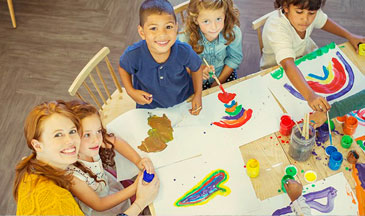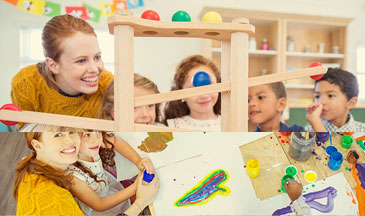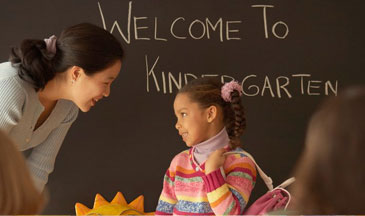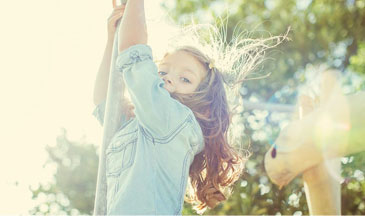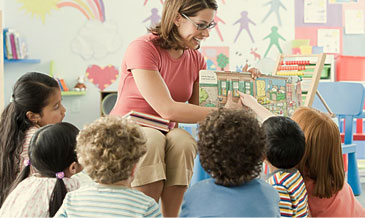At each developmental stage there are tasks to be mastered such as talking, listening, running, throwing or bouncing a ball and cutting with scissors. Our curriculum provides many opportunities for children to choose activities providing spontaneous skill practice.
In our classroom spaces, children have opportunities to engage in sensory exploration, drama play, block building, game playing, puzzle work, writing and drawing, and reading. Children will play with their peers, dress up, be immersed in constructing with Lego or blocks, re-create and make with play dough, read books, sort tiny objects, or write letters and draw pictures.
Teachers will watch and listen to children, document their play, take photos, offer resources to support and extend their play, or play alongside them. We believe that children learn as they pursue their passions and questions; our objective is to deepen and extend that learning. The activities are interesting, inviting, developmentally age appropriate, open-ended and process oriented. If a particular activity is popular we may choose to repeat it often (with slight variations) until the intense interest passes.

